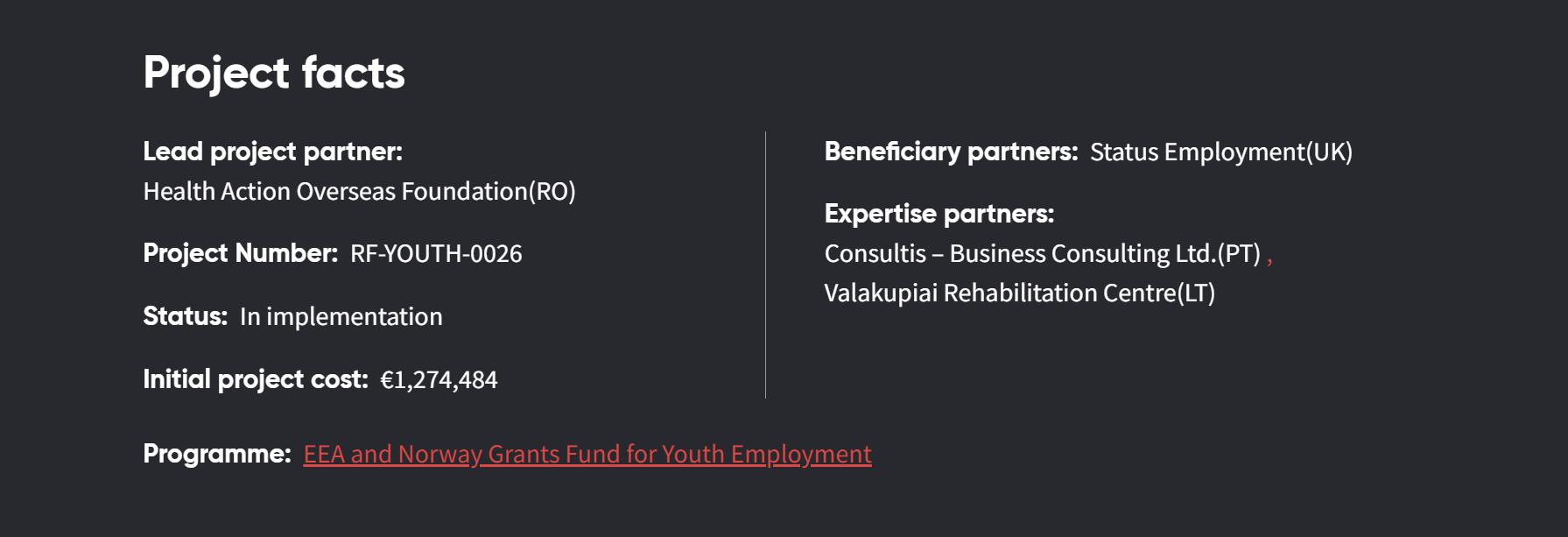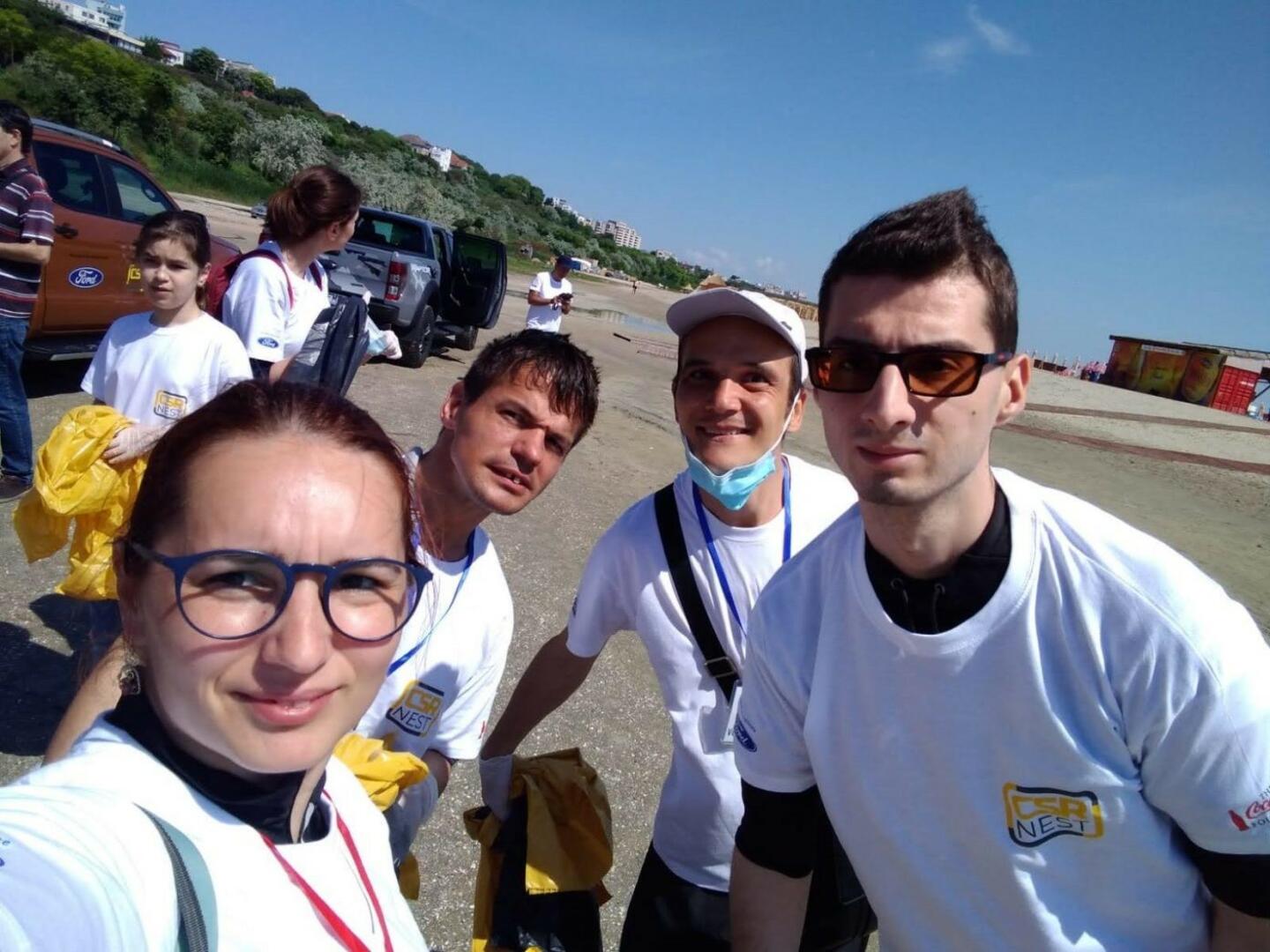The unemployment rate of people with disabilities is higher than that of the general population, especially for young people. Recent numbers show that half of young adults with disabilities are unemployed. The Labour market Employment for young Adults with a Disability (LEAD) project, supported through the EEA and Norway Grants' Fund for Youth Employment, aims to change that by making sure young adults with disabilities get their fair chance on the labour market.
By following the widespread "Supported Employment" model and closely accompanying young adults with disabilities on the job market, the LEAD project helps pave the way for a more inclusive Europe.

“Supported employment” starts with the idea that everyone who wants paid employment can get it, if the right supports are in place. By bringing together young adults with disabilities, their families, companies and HR specialists, as well as social partners, the project makes sure the right support is provided where it's actually needed.
By doing so, it helps change the way people with disabilities are perceived – as well as their capacity to work. The project has demonstrated that with the right kind of support, people with disabilities can make a meaningful contribution, if that's what they want.
"We work with the young adults with disabilities in order to discover their potential and to help them exploit it, we keep a permanent relationship with the employer in order to identify the problems which appear during the integration process and to solve them. We also work with the families of young adults with disabilities in order to give them the support they really need in the long and difficult process of integration into society, and we work with the social partners so that, together, we can contribute to the changing of the paradigm," explains Nicolae Dobrescu, Executive Director of the Health Action Overseas Foundation (HAO) and LEAD Project Manager.
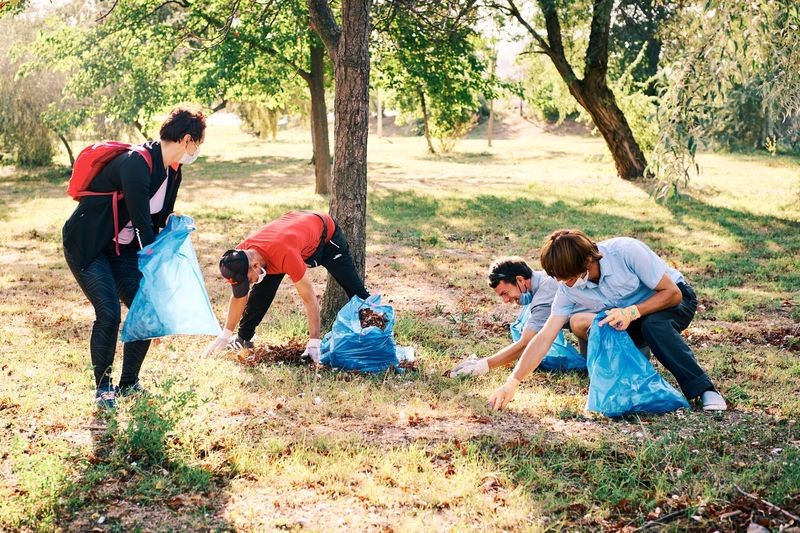
Through the LEAD project, young people with disabilities get free access to vocational profiling, counselling to develop improved self-confidence, preparing for a job in line with their professional training and interests, in-work and outside work support. Also, recruitment, pre-screening, training and support services at the workplace are provided free of charge for companies who join the programme.
And it doesn't stop there, the specialists involved in the project keep a close connection with the employers to help them identify and solve any problems that might arise during the integration process.
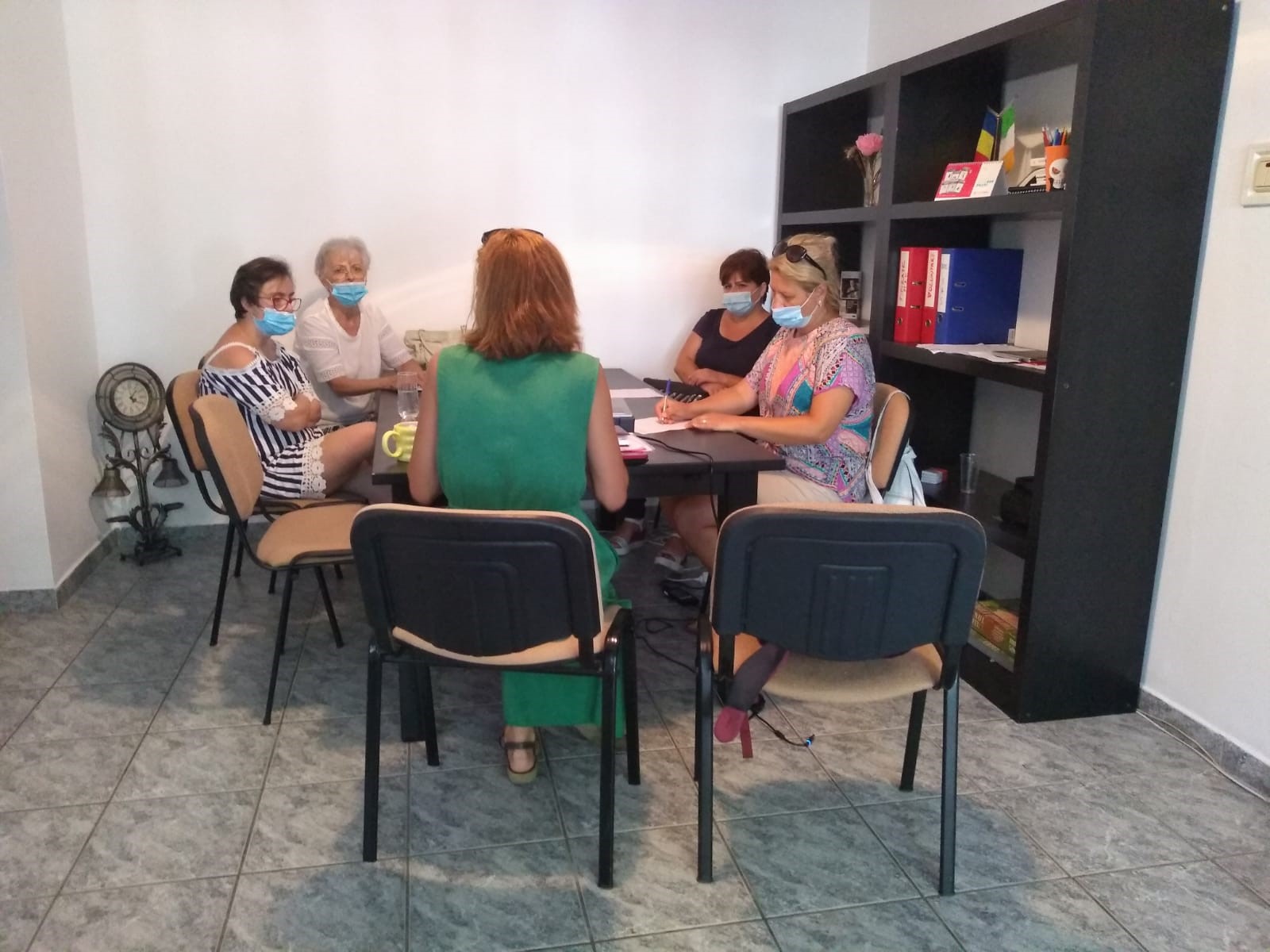
"The model of Supported Employment was born in the USA in the ‘70’s. It was imported into Europe, initially in the United Kingdom, and then it has expanded to other countries. This is a model that has been working with excellent results for decades. In 2018, HAO started implementing such a model in Romania, within the LEAD project, with the support of Status Employment, our expert partner from the United Kingdom. I am happy to say that the Supported Employment has caught on very well, and the figures confirm this statement: all assumed indicators have been exceeded by almost 100%,” says Alina Dobrescu, Coordinator of the Supported Employment Programme.
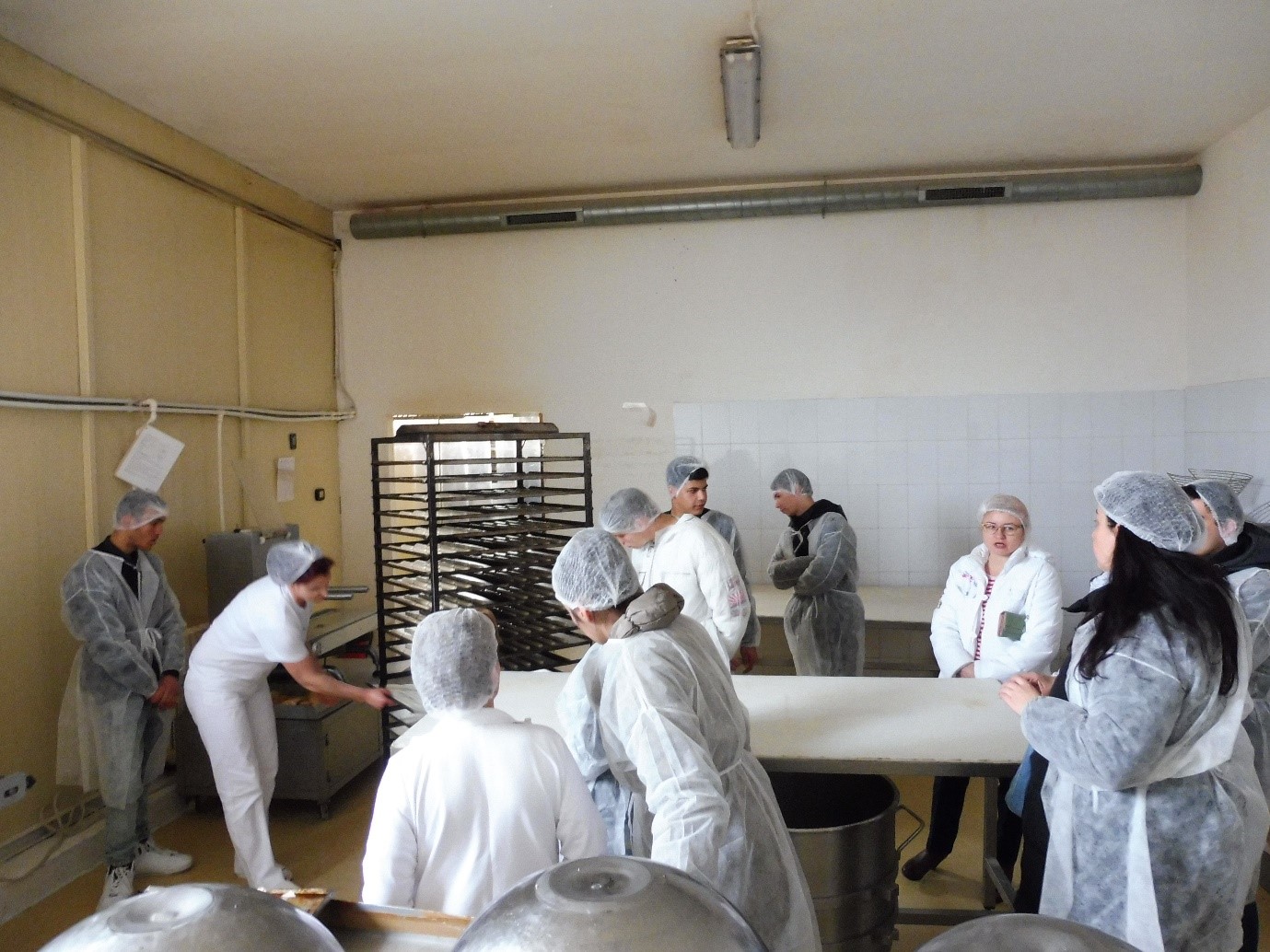
The right to work and employment is a fundamental right, but in Europe only half of persons with disabilities are employed, compared to almost 75% of persons without disabilities. These figures have a deep effect on Europe's social integration ability and economic growth.
"More and more companies face difficulties in hiring and retaining staff. On the other hand, many people with disabilities are able and are willing to work, but they do not know how and where to find a job. In this context, the widespread of the Supported Employment is a solution that must be seriously considered, because this model uses a partnership strategy to enable people with disabilities to achieve sustainable long-term employment and to enable companies to hire valuable workers,” explains Dobrescu.
Read more about the LEAD project and their inspiring activities here.
Find out how the EU is building its Union of Equality and delivering on the European Pillar of Social Rights here.
Find out more about the Fund for Youth Employment here.
